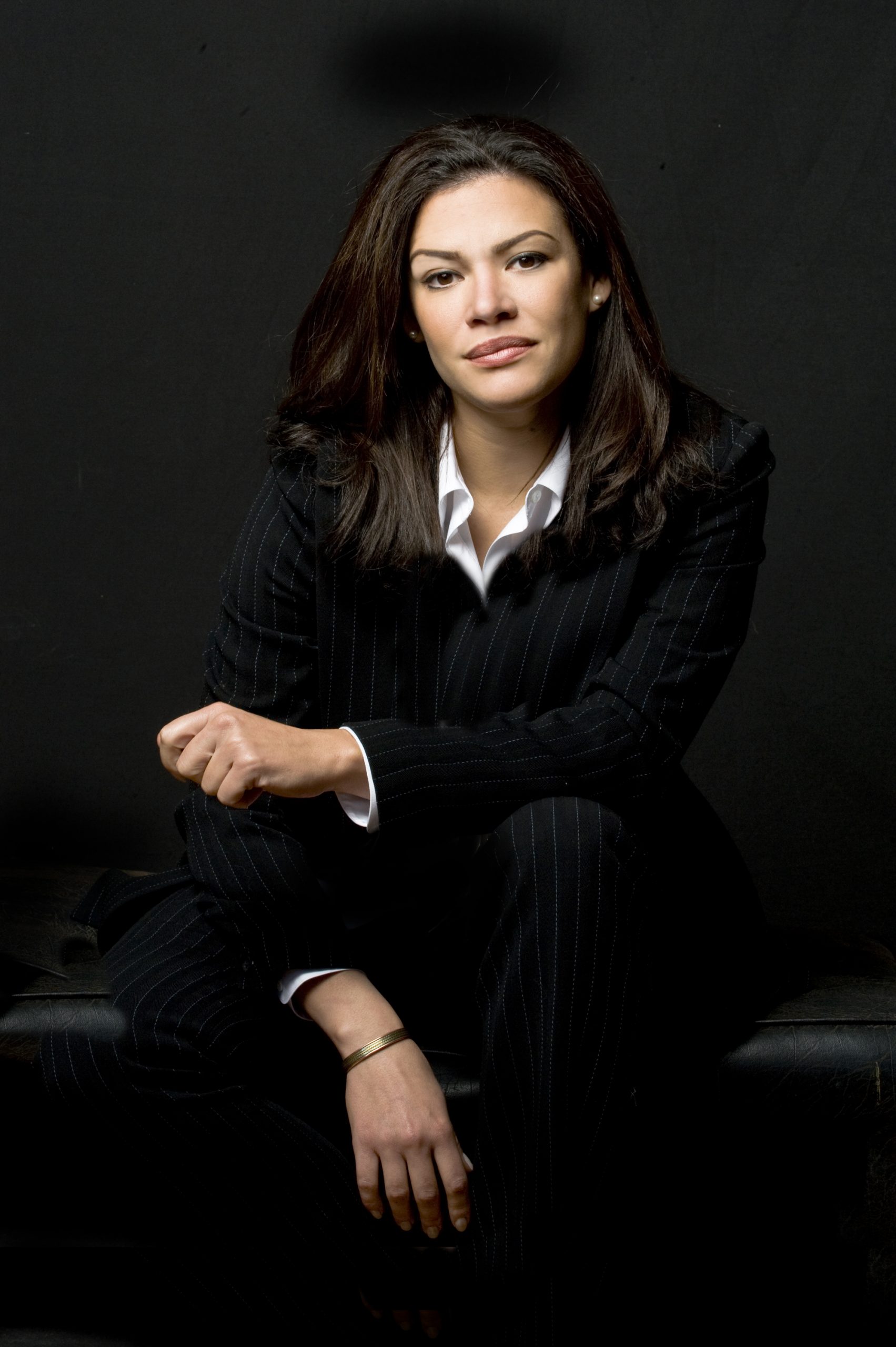
Photo by Ann Marsden
Twenty artists were in a virtual meeting to discuss the future of St. Paul’s Penumbra Theatre when news broke about the police killing of George Floyd. The playwrights, poets, choreographers, dancers, improvisors, actors—most of them Black—had called in from across the country (Minnesota, New York, Alaska, Texas) to brainstorm ways the nationally renowned, 44-year-old bastion of Black dramatic arts could better equip its guests against racism.
A couple months later, on August 6, Penumbra announced a name change: to the Penumbra Center for Racial Healing.
It’s a repositioning that’s been in development since 2015, but artistic director Sarah Bellamy says the center was “really and truly born” during that meeting on May 25.
“It was devastating,” she recalls in an email, “and we were all very grateful to have the space that we had to be with one another, to support a grieving and healing process.”
Shared healing is at the core of what Bellamy wants for Penumbra. The announcement of the new name also laid out plans for two new realms of focus, in addition to theater arts: wellness and racial equity. “Racial equity” will entail year-round workshops, leadership training, and artist-led programming. “Wellness” will involve spa-like health services—including massage, acupuncture, and meditation.
What makes the news surprising is Penumbra’s deeply rooted arts identity. Founded in St. Paul’s historically African American Rondo neighborhood in 1976, the company famously launched playwright August Wilson into his Pulitzer-winning career. Bellamy’s father, founder Lou Bellamy (who passed the torch in 2017), steered Penumbra to prominence as one of three professional Black theaters in the country with a full season. The company has now staged more than 200 plays, including 30-plus premieres.

Photo by Caroline Yang
Today, movers and shakers come and go—including, in recent years, Empire actor James T. Alfred, MacArthur Genius Grant winner Dominique Morisseau, and U.S. Poet Laureate Rita Dove—and Penumbra is still humming after a sold-out, extended run of Claudia Rankine’s The White Card, which showed before the pandemic.
Describing the company as “thriving,” Bellamy says Penumbra is ready to evolve. “It is my hope that this healing place will be both a national beacon and a local balm,” she says—echoing the popular description of Penumbra as a “beacon” for the Black Arts Movement of the ’60s and ’70s. “It is badly needed, and we are ready.”
Beyond the Stage
Rest assured, Penumbra will continue to produce world-class plays. A new annual festival will debut interdisciplinary works, according to a press release. But entwined with those works will be the twin branches of Penumbra’s expanded mission: wellness and racial healing.
Some of these efforts have been ongoing. In her time with Penumbra, Bellamy has already overseen public conversations, community meals, and a summer leadership institute for teens. But as the Center for Racial Healing takes shape—within a three-year rollout period, and with added staff—that work will officially slot into the theater’s DNA. (A multimillion-dollar initiative is in the works to fund development and engage community members in the process, according to the press release.)
We asked Bellamy to describe some of the thinking behind the two new areas of focus:
Wellness
Speaking to the Star Tribune recently, Bellamy wondered how August Wilson might have benefited from a theater company that provided not only a stage but also resources for physical and emotional health.
“Some of [the wellness focus] has to do with my own process of healing,” Bellamy tells me. “Some of it has to do with being a little girl at Penumbra and seeing really powerful artists not take very good care of themselves, either because the world was so hard on their spirits or because they couldn’t afford good healthcare.”
So, a “full fleet of holistic, culturally specific healing services” is set to include meditation, yoga, massage, and acupuncture. (Some of the 20 artists in the virtual meeting, when news broke about Floyd, were somatic healers and psychotherapists, Bellamy says.) The goal is to “detoxify bodies from the stresses of living in a racially stratified society.”
Bellamy cites research linking the pressures of racism to health problems like hypertension, diabetes, heart disease, and even cancer.
“We know that Black and brown people are more susceptible to COVID-19,” she adds. “At the very least, we want to make healing modalities more accessible so that we can rest and restore our bodies, our spirits, our nervous systems in service of whole-person health and wellbeing.”
Racial healing
Year-round educational opportunities will include workshops, lectures, seminars, and leadership training. “We will provide resources for Black people, learn from and support people of color who are not Black, and welcome and support white people interested in building resiliency and competency for racial equity work,” a press release states.
In addition, artists-in-residence at Penumbra will develop “resiliency strategies” that reflect what’s on stage.
“Each artist will receive a commission to generate a new work independently,” Bellamy explains, “and they will also be invited to participate in a parallel cohort process that will focus on healing around the issues they are exploring within their creative work.”
As an example, she says a playwright might want to delve into the topic of incarceration. The cohort could then “focus on developing transformative justice practices that help our communities stay intact while addressing harm or injury toward repair and restoration.”
The cohort will consist of “people who are tremendously skilled at practicing resiliency in their own lives,” Bellamy says, noting that the theater has already passed down “resiliency strategies” for generations. “There are ways that Black people, throughout the diaspora, have maintained cultural connections with our origins,” she says, “even as we were widely dispersed through forced migration via the transatlantic slave trade, or elective migration to other parts of the world.”
She continues, “Our music is encoded with pathways back to ancestral places of origin, our foods contain medicines that heal our bodies, our humor makes us resilient in the face of devastating inequity.”
By better sharing those strategies with the public, Bellamy hopes the Penumbra Center for Racial Healing will “surface and suture those connections that have been strained or severed because of distance or the need to operate covertly in an environment hostile to Black agency and expressions of freedom.”







